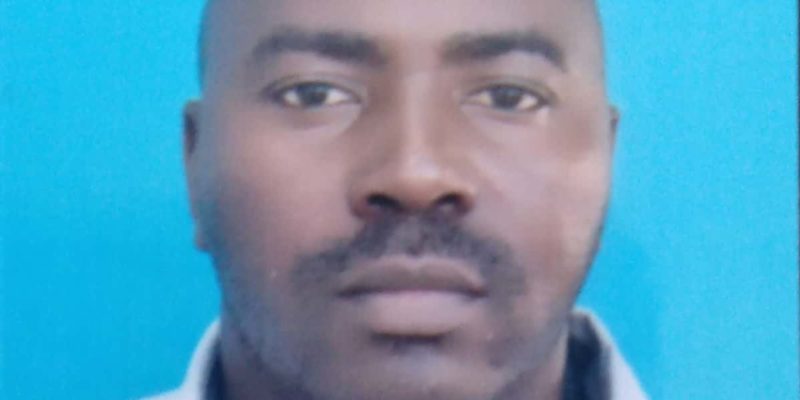Indigenous Healing and Medicinal Practices in Response to the COVID-19 Outbreak in Tanzania: Interview with Dr Simon Mutebi

In 2021 Dr Simon Mutebi was awarded a fellowship in the LUCAS/LAHRI Virtual Research Fellowship Scheme about African Knowledges for Global Challenges. On completion of his Fellowship we interviewed Simon about his research on ‘Indigenous Healing and Medicinal Practices in Response to the COVID-19 Outbreak in Tanzania’.
Please briefly introduce yourself
My name is Simon Mutebi (PhD) and I am a lecturer in the Department of Sociology and Anthropology at the University of Dar es Salaam, Tanzania. I have been a LUCAS/LAHRI Visiting Research Fellow since April 2021. I was really excited to be one of the research fellows and to work with Dr Benjamin Kirby. I have several achievements and I am look forward to obtaining further academic achievements through participating in virtual meetings, seminars and other related events.
What project have you worked on during your fellowship period?
During my fellowship I have been working on the COVID-19 pandemic in Tanzania. In particular, I focused on indigenous healing and medicinal practices in response to the COVID-19 outbreak in Tanzania. In my project I am not only interested in how ordinary Tanzanians apprehend the efficacy of these medicines and practices relative to those advocated by global health authorities, but also how they frame them discursively—for instance, in relation to particular notions of ‘African-ness’. I am interested in understanding the shifting/changing government’s narratives in response to the virus and how the different health modalities shape people’s perceptions, and practices in responding to the virus/pandemic and how their response reshapes government communications and messaging—and in particular their decision to advocate and mobilise notions of indigenous healing as well as prayer.
What are the findings of your project so far?
No doubt that to the most of my interlocutors, COVID-19 continues being perceived as a dangerous pandemic. And this is due to the fact that it has no cure yet, it spreads very rapidly and the disease kills very quickly. According to my interlocutors, they had never experienced in their lifetime a disease like COVID-19 which can kill thousands of people per day. In some other people, COVID-19 and especially its symptoms were associated with other diseases such as malaria, UTI, Asthma. Although the pandemic was widely regarded as posing a threat to their lives, to others they perceived it as being a western disease (and particularly related to economic competition between China and USA) and therefore has no devastating impacts on Africans. Similarly, COVID 19 was thought to attack most people in the middle and upper class whose lifestyle differs from the ordinary people in the country.
How does the project speak to the overall theme of “African knowledges for global challenges?”
My findings especially on the indigenous forms of healing, which the late President Magufuli and other government official promoted, speak to larger questions of African forms of knowledge as sites for problematizing international biomedical norms.
Is there anything you would like to add?
Once again, I thank LUCAS/LAHRI for considering me to be among the visiting virtual research fellows. So far, I am in my final stages of my paper on indigenous healing and medicinal practices in response to the COVID-19 outbreak in Tanzania.
